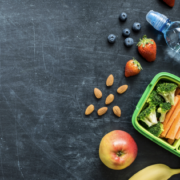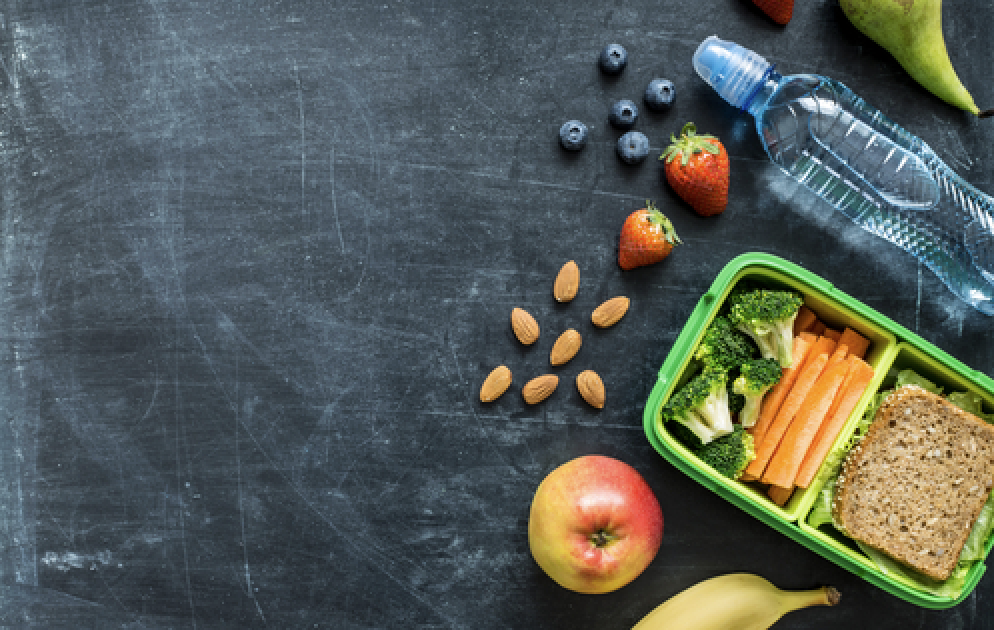3 Dietary Considerations for Children with ADHD
3 Dietary Considerations for Children with ADHD
3 Dietary Considerations for Children with ADHD
ADHD can’t be treated or managed by diet alone. However, paying close attention to what your child eats can contribute to easier management and fewer hurdles when helping your child grow and develop. By fostering healthy eating patterns, you can ensure your child’s body has the resources and tools it needs to function optimally.
For children with ADHD, a proper diet can further help enhance focus and attention and reduce hyperactivity. So, with that in mind, here are a few dietary considerations you may want to implement with your child.
1. Stick to Complex Carbs vs Simple Carbs
Complex carbs include whole foods, such as veggies and fruits. Often, these types of foods take longer to digest, providing sustained energy instead of a big blood sugar spike (which can often result in moments of hyperactivity).
Sticking to complex carbs also encourages a more whole foods diet as opposed to eating processed and prepackaged foods, which are often low in nutrients and high in calories. WebMD states that eliminating food additives, including aspartame, MSG (monosodium glutamate), and nitrites, entirely from your child’s diet has been shown to reduce hyperactivity.
2. Add Protein to Every Snack and Meal
Protein sources, such as chicken, beans, cheese, and eggs, provide ample nutrients. They can also help boost concentration by balancing blood sugar levels. In fact, combining carbs and protein may help prevent huge blood sugar spikes and provide your child with a steady flow of energy.
3. Don’t Forget About Omega-3s!
Omega-3 fatty acids may ease hyperactivity, which can be very advantageous for those with ADHD. Research further supports this, indicating that both omega-3 and omega-6 fatty acids may help improve hyperactivity, reduce impulsiveness, enhance attention, and improve short and long-term memory. Some foods high in omega-3s include tuna, salmon, walnuts, and Brazil nuts.
For more on managing ADHD, Pathways Neuropsychology Associates is here for you and your family. We offer ADHD evaluations and coaching, helping your child figure out the best way to achieve success. Contact us today to schedule your appointment.
#top .av_textblock_section.av-av_textblock-4b54a9376293c03bbf09fa7edbc1f1cb .avia_textblock{
font-size:16px;
}
At Pathways Neuropsychology Associates we use evidence-based evaluation instruments and treatments to get you, your loved one, or your child on the path to success. If you or someone you love are struggling with the symptoms of ADHD, call now and get started!
.flex_column.av-av_one_full-d3e509f4637007bf756d5d5b286252b3{
border-width:2px;
border-color:#d9d9d9;
border-style:solid;
-webkit-border-radius:0px 0px 0px 0px;
-moz-border-radius:0px 0px 0px 0px;
border-radius:0px 0px 0px 0px;
padding:20px 20px 20px 20px;
background-color:#f8f8f8;
}
The post 3 Dietary Considerations for Children with ADHD appeared first on Pathways Neuropsychology Associates.
Source: Pathways Neuropsychology
3 Dietary Considerations for Children with ADHD










Leave a Reply
Want to join the discussion?Feel free to contribute!